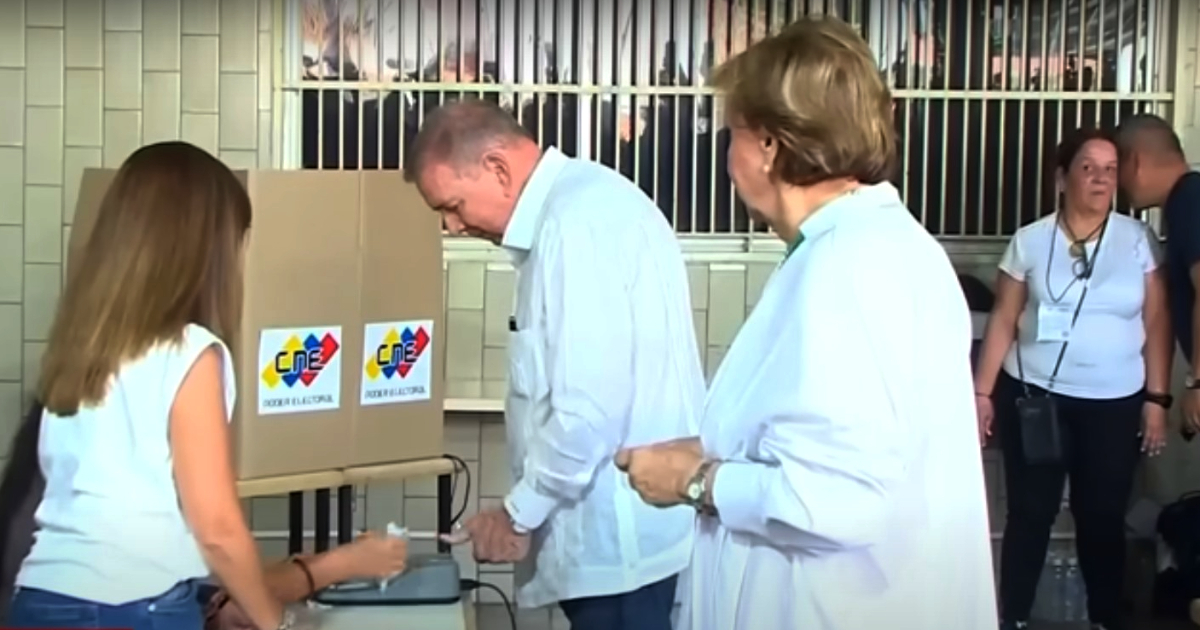
Related videos:
The governments of Spain, France, Italy, Germany, the Netherlands, Poland, and Portugal signed a joint statement urging Venezuelan authorities to publish all the electoral records from the recent presidential elections held on July 28.
"We urge the Venezuelan authorities to make all the records public as soon as possible to ensure total transparency and integrity of the electoral process. The opposition asserts that it has collected and published more than 80% of the records generated at each polling station," emphasized the letter.
European leaders expressed their deep concern about the situation in Venezuela and emphasized the importance of transparency and integrity in the electoral process. "This verification is essential to acknowledge the will of the Venezuelan people," they explained.
Furthermore, the statement condemned any arrests or threats against political leaders and emphasized the importance of respecting the Venezuelan people's rights to peaceful protest and freedom of assembly.
Finally, European leaders assured that they will continue to closely monitor the situation in Venezuela and work alongside their partners to support democracy and peace in the South American country.
The joint statement reflects the international community's commitment to electoral transparency and human rights in Venezuela, a demand that is growing among governments, NGOs, and international organizations.
The call from the seven European countries comes amid increasing political tension in Venezuela. With 96.87% of the ballots counted, according to the National Electoral Council (CNE), Nicolás Maduro was confirmed as president with 51.95% of the votes, while opposition candidate Edmundo González Urrutia received 43.18%.
However, the opposition has published more than 80% of the official results, claiming that González Urrutia is the true winner with 67.2% of the votes. This discrepancy has led to a series of acknowledgments and denials at the international level.
The United States, for example, recognized González Urrutia as the legitimate winner of the elections, while other countries in the region, such as Argentina, Uruguay, Ecuador, and Costa Rica, also expressed their support for the opposition candidate.
For its part, the Carter Center condemned the lack of integrity in the elections, highlighting significant issues in a process to which it sent observers.
The stance of European leaders aligns with that of the G7 countries, which recently also expressed their solidarity with the people of Venezuela and their demand for electoral transparency. In contrast, the Cuban leader Miguel Díaz-Canel defended Maduro, leading to criticism both within and outside of Cuba.
The situation in Venezuela remains critical, with a divided international community and a country in the midst of a profound political crisis. The demand for transparency and the publication of all electoral records is seen as an essential step to resolving the current electoral dispute and ensuring peace and democracy in the nation.
Filed under: